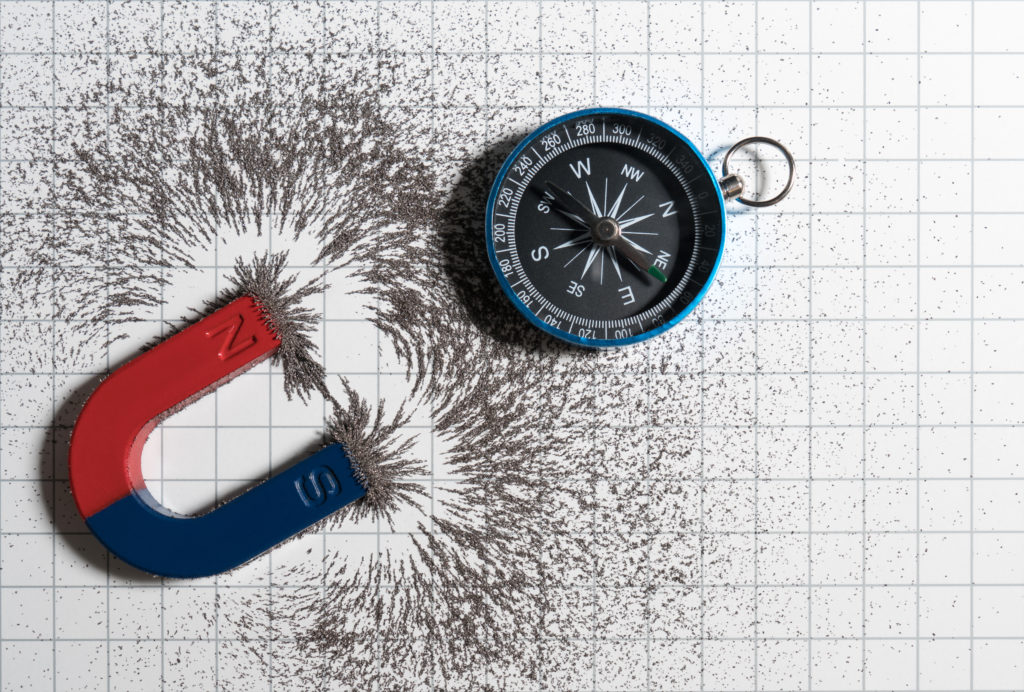What is Physics?
Physics is the scientific study of the properties of matter and energy. Students interested in careers in physics will study the physical principles of light, heat, magnetism, and more.
What 3rd Level Courses are Available?
- Universities and colleges in Ireland are offering courses in the following subject areas:
- Ecology – the study of the relationship between living things, including humans, and their environment.
- Environmental Science – the study of how to solve environmental problems using biology, physics, and ecology.
- Biology – the study of life and living things.
Studying Physics in College
Most first year study involves an overview of the subject. This will offer students an introduction to the foundational principles of Physics including energy, matter, and movement.
In subsequent years of study, students will combine practical work, written exams, and laboratory work as benchmark assessments of their course progression.
Most undergraduate Physics courses run for three or four years and in certain cases universities will facilitate work experience.
It is common with all science-based subjects that students are expected to engage in a high number of contact hours with lecturers and tutors, ensuring their successful completion of a rigorous curriculum and preparing them for careers in Physics after university.
A bachelor’s degree is adequate for some non-research jobs. For example, graduates with a bachelor’s degree may start working as researchers, business analysts, and educators.
Career Options
Graduating from college with a degree in Physics will serve you well as it equips you with a unique and marketable skill set. A science degree teaches students to think critically and creatively as well as equipping them with invaluable problem solving and communication skills.
Many recent graduates have gone into ‘entry-level’ careers in Physics working as technicians, researchers, and project managers.
Other careers in Physics that require a higher degree of responsibility will typically require further education, training and/or experience to qualify for, eg teaching, research and consulting positions.
Related jobs include:
- Academic Researcher
- Business Analyst
- Data Analyst
- Engineer
- Patent Attorney
- Physicist
- Programmer
- Project Manager
- Research Scientist
- Science Writer
- Educator
Further study
An undergraduate Physics degree is often the first step to go onto further postgraduate study often involving specialization in particular fields and areas of Physics and/or undertaking work in new, sometimes interdisciplinary fields.
Visit postgrad.ie for more information.
FAQ
- What points do I need to study Physics?
- Different courses and different colleges will have different entry requirements. It’s always best that you check with the individual higher education institution which is available on their websites. As a general rule Leaving Cert students should have a minimum of six subjects which should include: Two H5 (Higher Level) grades and Four O6 (Ordinary Level) grades or four H7 (Higher Level) grades. Subjects must include Mathematics, Irish or another language, and English.
- Many universities also require a Leaving Cert grade O2/H6 in Mathematics, O2/H6 in Laboratory Science, and O6/H7 in English, Irish and two other recognized subjects.
- Are there any particular qualities you need to study Physics?
- Students interested in careers in Physics will need to enjoy math and science as well as their application in the real world. They will need to be innovative, creative, and collaborative as well as being able to communicate their own ideas and opinions.
- Where can I study Physics?
- Explore your options here
Did You Know?
- Due to differences in gravity, a person who weighs 200 pounds in Earth would only weigh 76 pounds on Mars!
- Albert Einstein won the 1921 Nobel Prize for Physics for his work on theoretical physics.
- Light from the Earth only takes 1.255 seconds to reach the Moon!












Comments